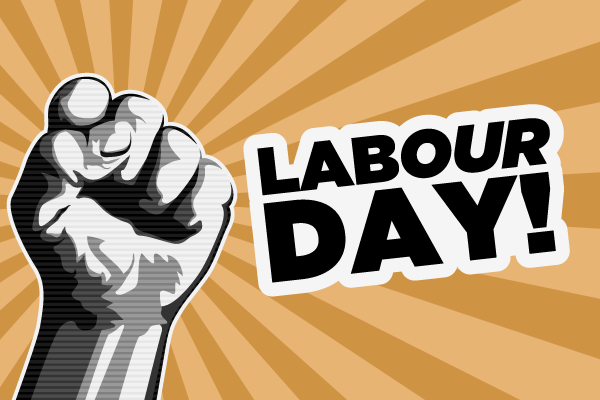
What’s more predictable than the sun rising in the east? The media, on Labour Day, asking whether unions are still relevant. Seriously! Every year!
And this year was no exception.
But among the slew of articles asking if unions are relevant – and an equal amount of articles by labour activists arguing that unions are indeed important – a few articles stood out as refreshingly different – as pointing to real problems and offering real solutions.
The Detroit News wrote a great editorial about the changing workplace and what it means for unions.
In the past, unions have focused on seniority, encouraging workers to stay in the same place for long stretches of time. Today’s workers are more mobile, and expect to move from job to job throughout their careers.
Unions that help them with those transitions will have something of value to offer, both to workers looking for new opportunities and to employers looking for a steady supply of talent.
The editors went on to suggest that unions should offer skills training to appeal to these modern workers.
“Change or die has become the mantra of the 21st century, and it certainly applies to labor unions,” warned The Detroit News.
Embedded within these questions of longevity is the fact that union membership is on the decline in the private sector.
“With the end of the Soviet Union, it lead ultimately to the decline of manufacturing in North America in particular, and in Europe. And with that a decline in decent, well-paid unionized jobs in that sector,” said University of Victoria Labour Specialist John Fryer in an interview with News1130.
Fryer also pointed to the fact that today’s young workers have grown up in atmosphere where governments and the media routinely demonize unions – this makes youth outreach all the more important.
Across the border (once again!), CBS St. Louis interviewed Philip Dine, author of State of the Unions: How Labor Can Strengthen the Middle Class, Improve Our Economy and Regain Political Influence. In the article, Dine pointed to another problem facing unions: companies are getting increasingly crafty at avoiding unionization
“Counseling firms, law firms get paid handsomely to tell employers how to keep a union out of their workplace,” he said.
Dine also suggested that unions need to focus more on communications that clearly demonstrate why labour unions are so essential to a strong middle class.
What do you think of these ideas? Do you have any of your own? Leave a comment below!